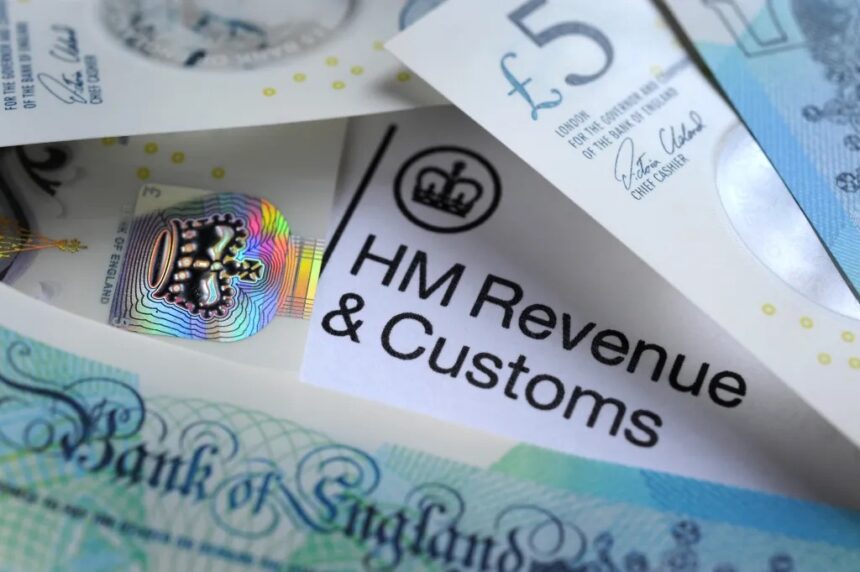UK Crypto Investors Tax: HMRC Increases Oversight
Background: HMRC Issues Record Number of Warning Letters
UK crypto investors tax compliance is under increased scrutiny following HM Revenue & Customs’ (HMRC) issuance of almost 65,000 so-called “nudge letters” in the 2024–25 tax year. This figure is more than twice the number sent in the previous year, according to the Financial Times as reported via Cointelegraph. These letters are sent to prompt holders of digital assets to review their tax filings and declare any unreported cryptocurrency income before HMRC launches formal audits.
Tax specialists caution that not receiving a letter does not guarantee safety from investigation. HMRC is increasing its use of information from crypto exchanges, both domestic and international, to identify undeclared gains. These efforts are bolstered by new international cooperation agreements, allowing authorities to access transaction data more efficiently.
Data Sharing Increases Compliance Risks for Crypto Investors
Andrew Duca, founder of the crypto tax platform Awaken Tax, told Cointelegraph, “Not reporting cryptocurrency transactions to HMRC is illegal, regardless of whether you’ve been contacted yet.” He emphasized that the agency uses a combination of bank records, crypto exchange data, and self-assessment tax forms to identify discrepancies in taxpayer information and may trigger warnings or investigations when mismatches are discovered.
Higher earning investors and those holding large onchain assets are most likely to be targeted due to expanded data sharing between exchanges and tax authorities. As mandated by UK law, both UK-based and international exchanges serving UK customers must provide HMRC with customer transaction data. With the Organisation for Economic Co-operation and Development’s (OECD) Crypto-Asset Reporting Framework (CARF) coming into effect in 2026, HMRC will gain automatic access to information from global platforms.
Duca advised, “It’s far better to be proactive and report on your activity now, rather than wait for HMRC to pull you up on it.” Taxable crypto events include not only sales to fiat currency, but also token swaps, and income from staking, airdrops, or yield farming. Only direct transfers between personal wallets or crypto purchased directly with fiat currency are exempt from reporting.
Reporting Mechanisms, Software, and Penalties
HMRC calculates capital gains from digital assets through a three-step method: same-day trades, then trades within 30 days, followed by an average cost basis for older holdings. For frequent traders, these tax calculations can be highly complex, and specialist accounting software may be necessary to ensure accurate reporting. Duca recommended,“Using crypto tax software will also help you to generate accurate reports of all your activity as accurately and efficiently as possible.”
Investors who receive an HMRC nudge letter are encouraged to seek help from professional tax advisors immediately. Correct filings and payment can prevent additional penalties or intensive audits. Duca further clarified that decentralized exchange (DEX) trading and cold wallet activity must also be reported: “You are legally required to report on all DEX transactions, cold wallet activity and hot wallet transfers.”
International Context: Crypto Tax Debate in the US
While the UK is increasing enforcement, US lawmakers are considering changes to cryptocurrency taxation. Senate debates have explored whether everyday crypto payments should trigger capital gains and how staking rewards should be classified for tax purposes. Proposals include exempting small transactions, with Coinbase’s vice president of tax, Lawrence Zlatkin, urging a $300 de minimis exemption.
For further updates on digital asset regulatory trends, visit Vizi Cryptocurrency News.
Sources
Reporting via Cointelegraph



















